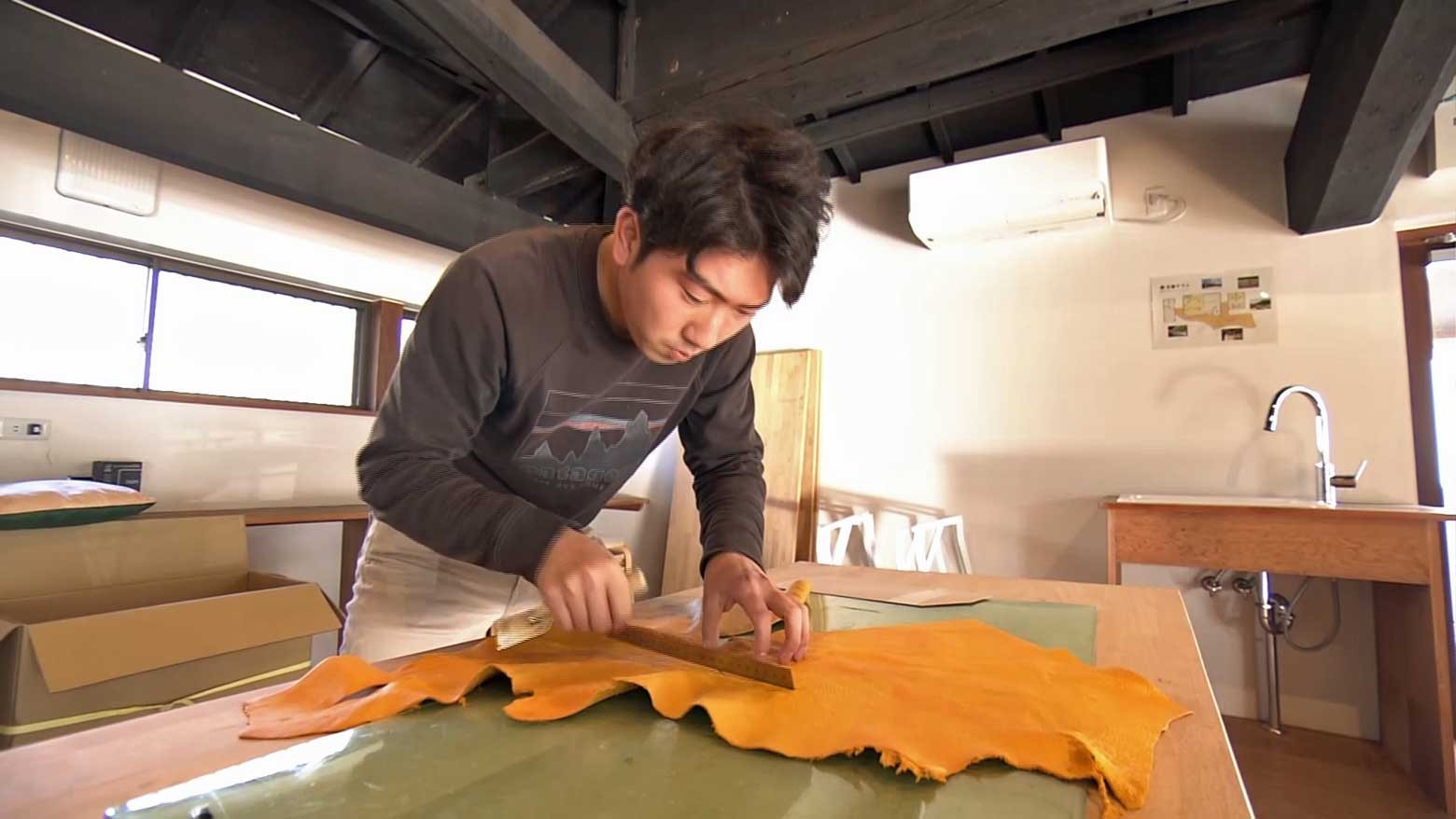Kasai Daiki grew up in an urban area and gave little thought to wild deer until he saw a pile of carcasses that hunters had discarded in rural Kyoto Prefecture.
He found out that 90 percent of deer and wild boar killed by hunters are thrown away without being eaten. This was, he thought, a waste of a resource, so he decided to create a more sustainable model.
While still in college, he started a business catching deer in Kasagi, a town in Kyoto prefecture, and selling the venison.
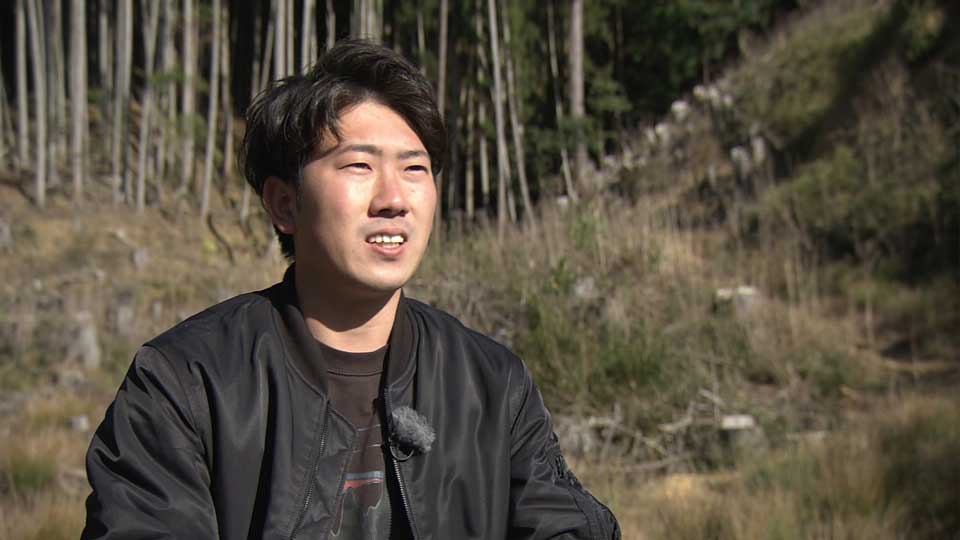
Threat to crops and traffic
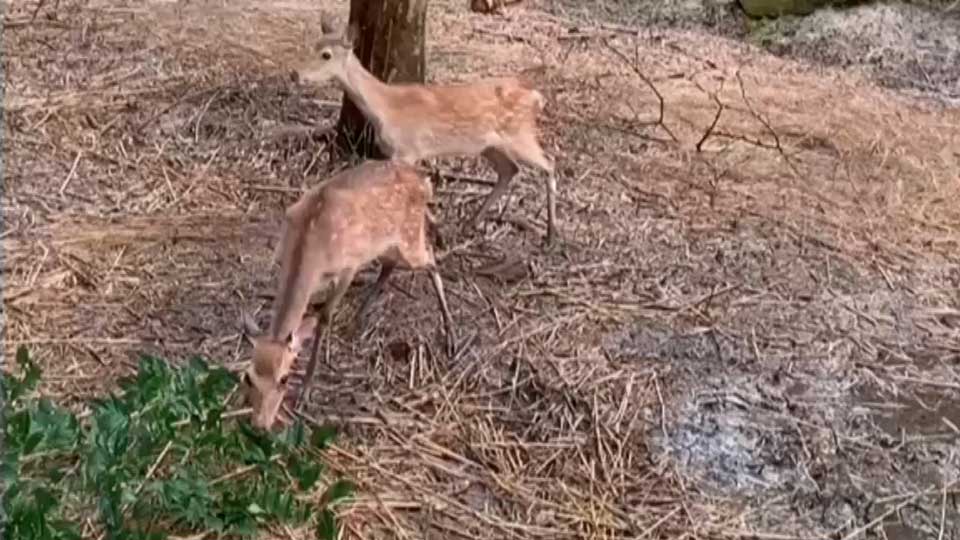
Fujikawa Masahide, head of the agriculture ministry's Wildlife Management and Rural Environment Division, says hunting is a necessity in Japan's countryside. He says crop damage in the 2021 fiscal year cost farmers about 15.5 billion yen or roughly 120 million dollars, and wild deer were the biggest cause. He says the animals are also a safety risk, frequently colliding with cars and trains.
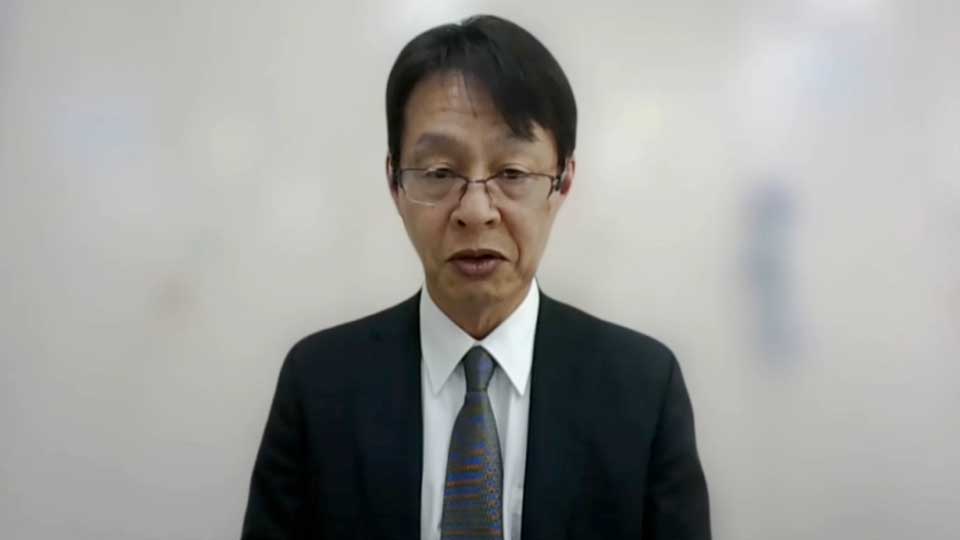
"Catch-alive" method proves a game changer
The problem for Kasai was that deer meat deteriorates quickly after slaughter. If the animals are killed too far from a processing plant, the meat may be unfit for human consumption by the time it gets there. That's why most culled deer are buried.
Kasai is trying to change that practice with his "catch-alive" method. It requires more skill and physical strength than traditional hunting, but he says it delivers a higher quality meat because the animal's blood can be drained soon after it is butchered.
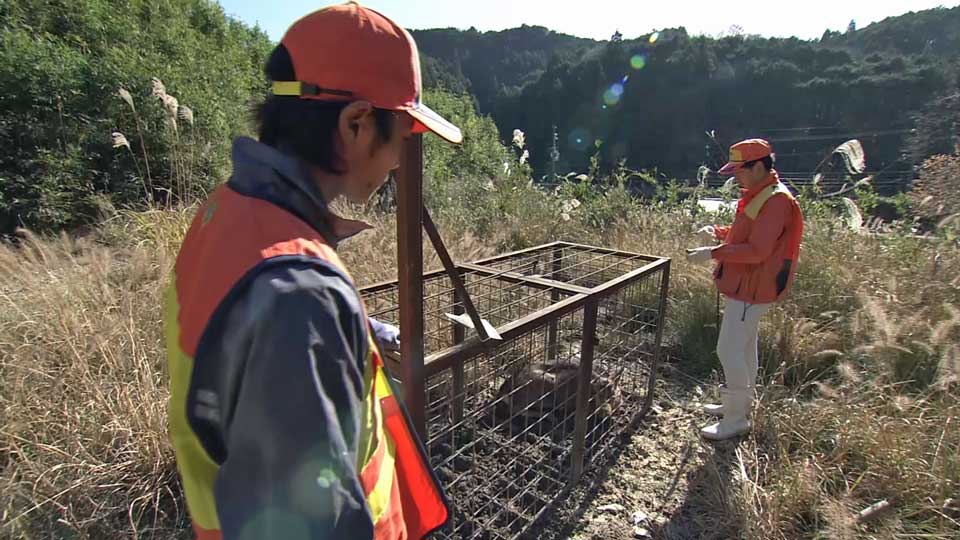
This reduces the gamey smell, which makes it more palatable to Japanese consumers. It also allows him to butcher deer on demand.
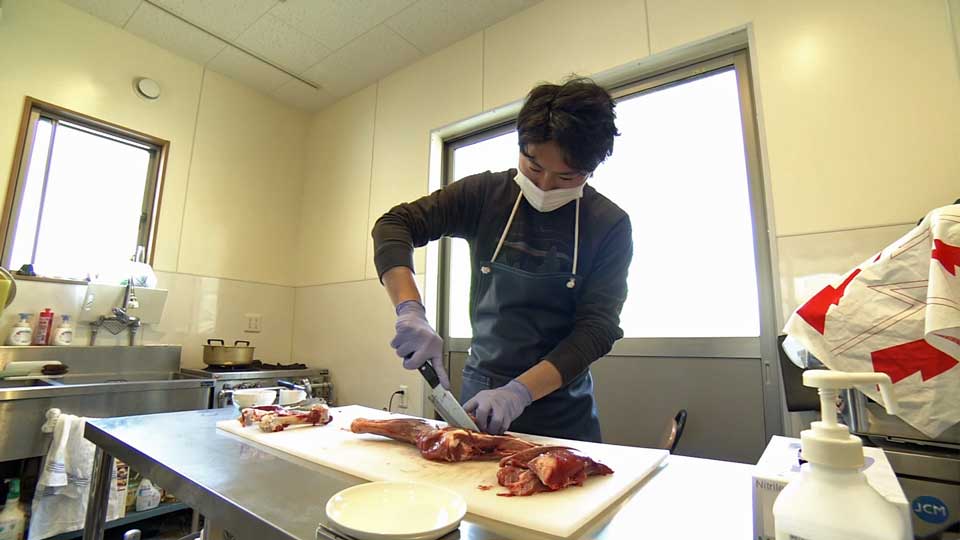
Online model helps weather pandemic
Kasai launched the business shortly before the outbreak of COVID-19 and says at one point 80% of his sales were direct-to-consumer through his website or other platforms such as flea-market apps. He pitches the meat as a healthy option, low in fat and high in protein, and offers it in a multitude of formats, from deer jerky to venison sausages.
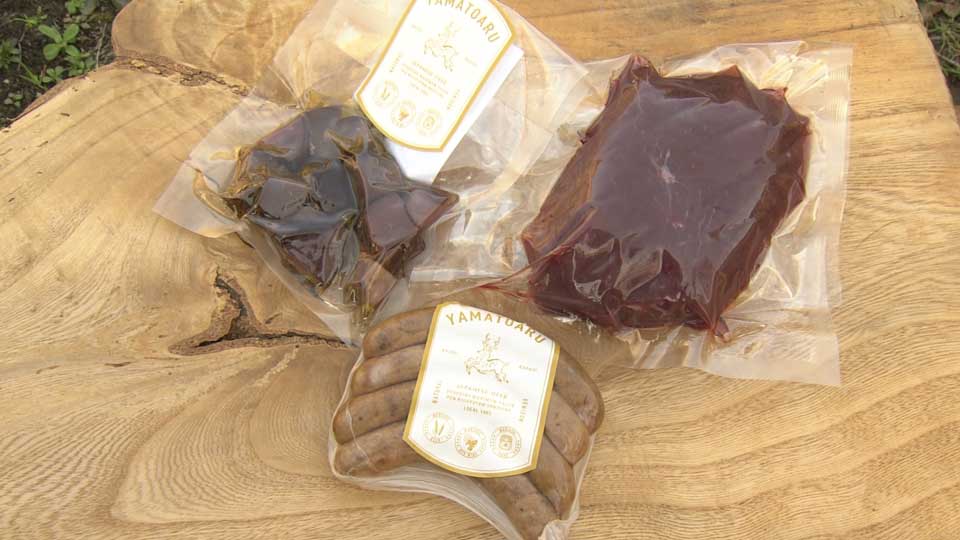
Lone wolf hopes to inspire others
But only about 20 percent of a deer's weight can be processed into meat. Kasai wants to use more of the animal, so he has begun making leather goods.
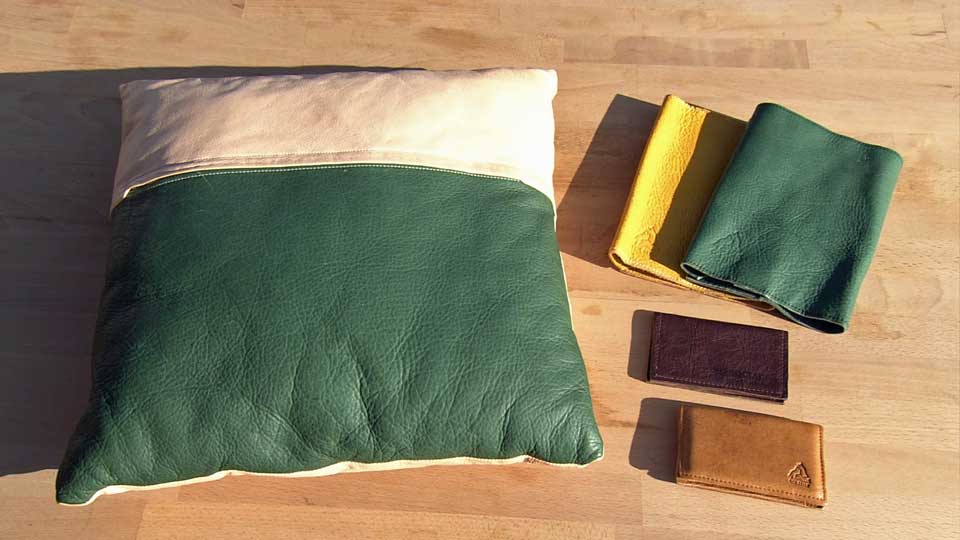
Deer leather takes time and effort to process but is soft and durable. Kasai stamps all the products with an emblem featuring three wolves.
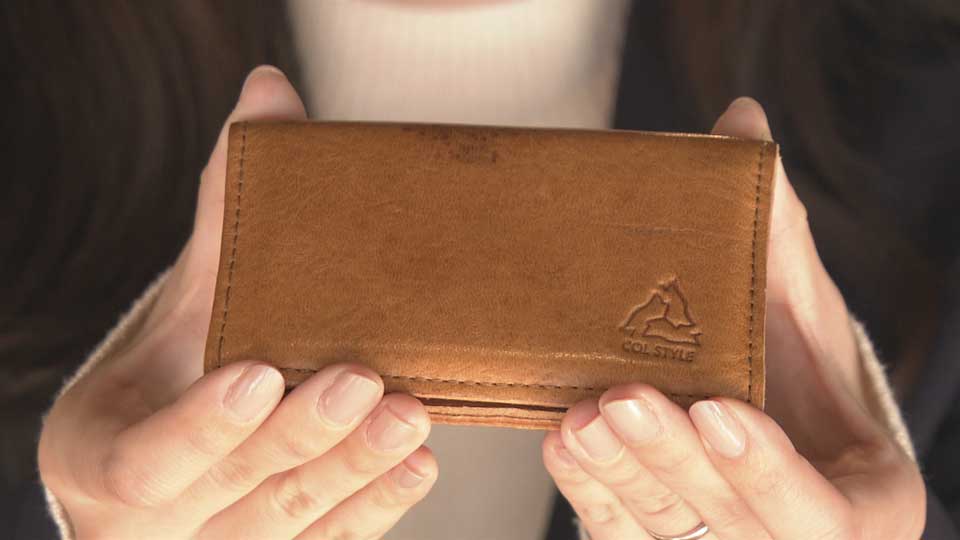
He says the idea is that the wolves, once the natural enemies of deer, will be replaced by him and his colleagues.
Kasai says he hopes his business will serve as a model for others, and ultimately change the perception of wild deer in Japan from nuisance to valuable local resource.
